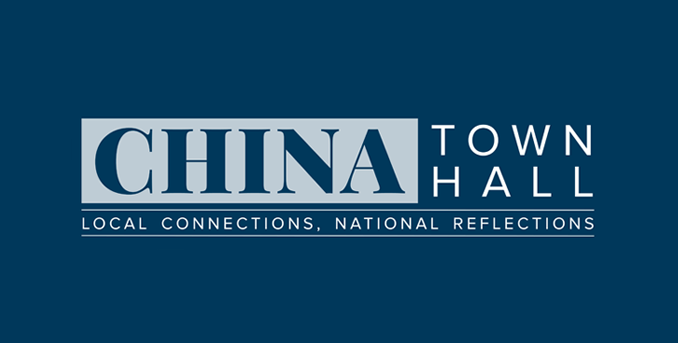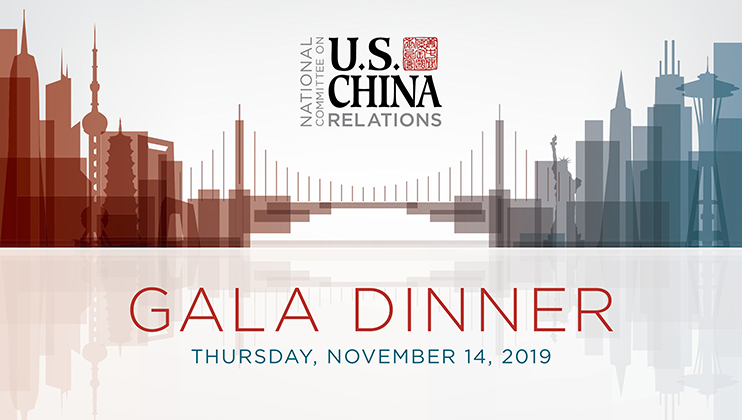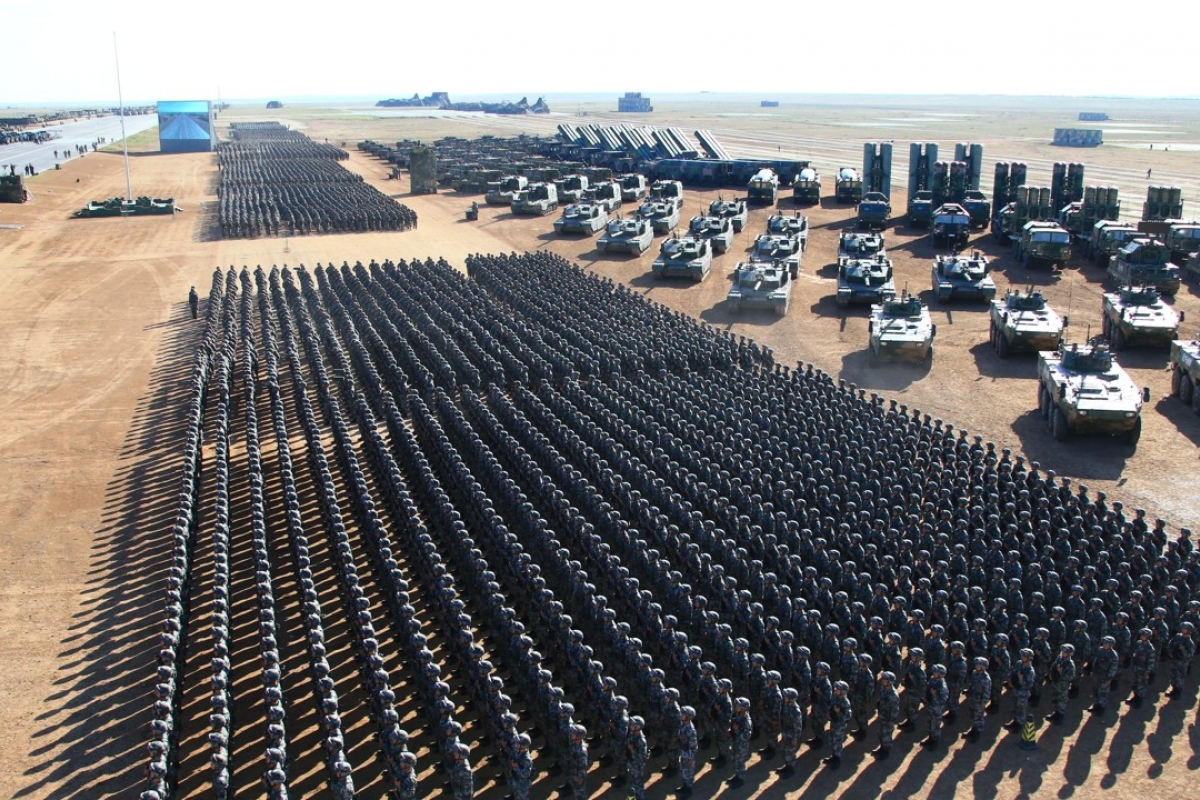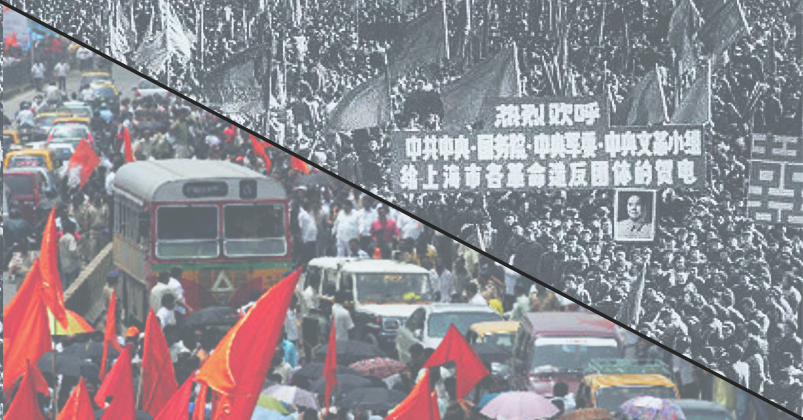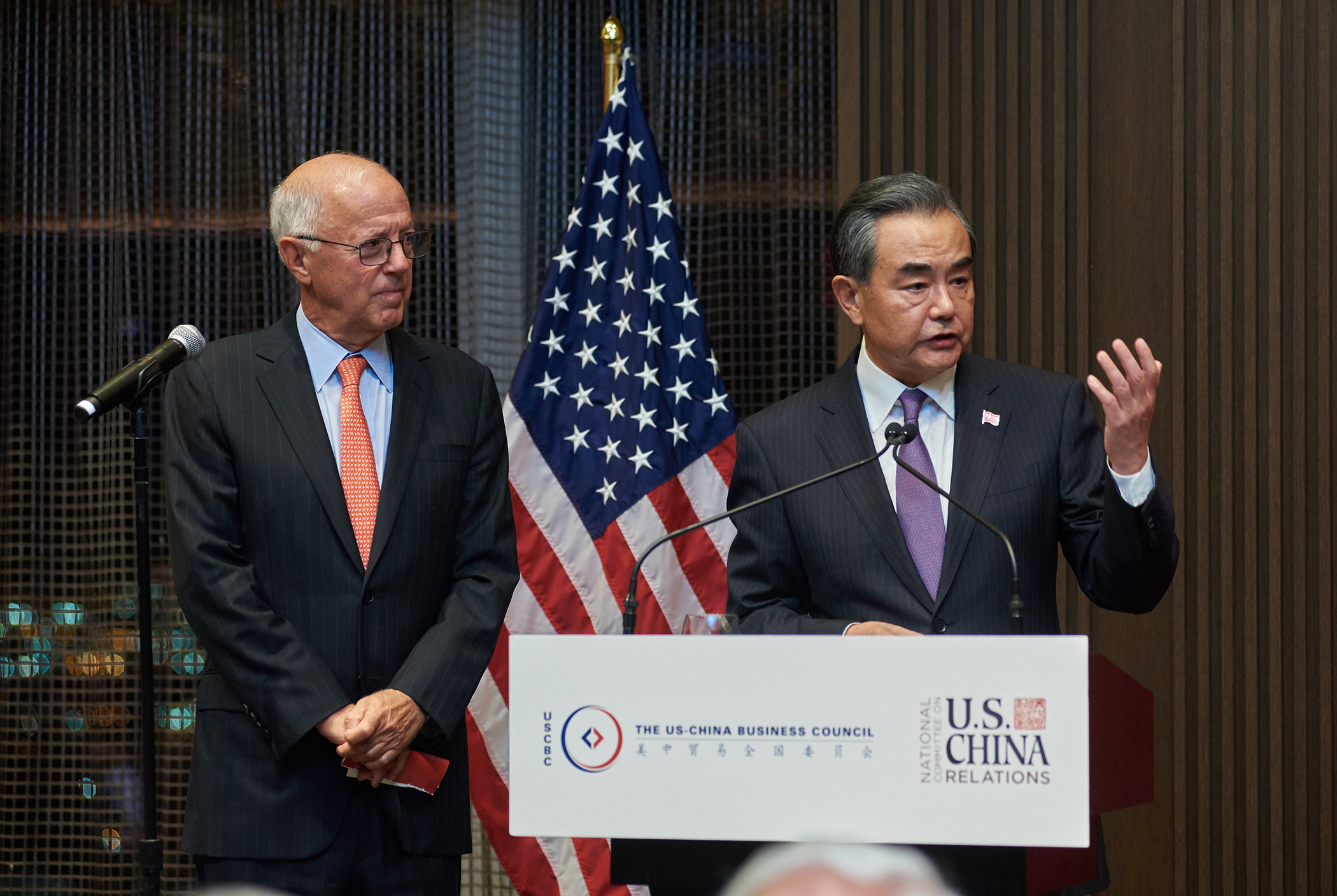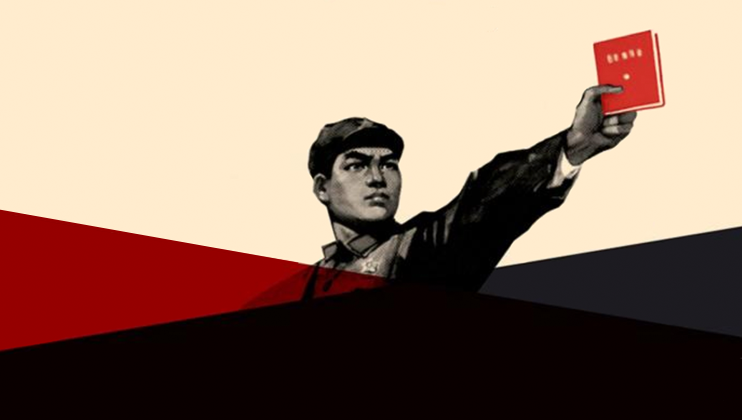Recent Events
Professor David Zweig examined China’s efforts to promote “reverse migration,” focusing on the Thousand Talents Plan, and discussed American responses.
Rhodium Group's Thilo Hanemann and Adam Lysenko, joined by Helen Jiang and Winston Ma, discuss the latest trends in U.S.-China venture capital flows in the context of the shifting bilateral relationship.
Leading Chinese and American economists discuss China's economic outlook for 2020 and beyond.
As U.S.-China strategic competition increasingly affects the lives of every American, the National Committee presented its thirteenth annual CHINA Town Hall, held at 80+ venues across the United States and China.
At its annual black-tie Gala Dinner in New York City, the National Committee honored Ray Dalio, founder, co-chief investment officer, and co-chairman of Bridgewater Associates, LP.
M. Taylor Fravel examines the security threats China has faced over the past 70 years, investigating how and why the country’s defense strategies have changed.
Mark Frazier examines contemporary debates in both metropolises regarding informal housing, displacement of inner-city residents, job scarcity, and questions of unequal citizenship in historical context.
How should we think about the U.S.-China military and security relationship? The commander of the U.S. Indo-Pacific Command, Admiral Philip S. Davidson, presents his views.
The National Committee and the US-China Business Council, in cooperation with the Council on Foreign Relations and U.S. Chamber of Commerce, were pleased to welcome Chinese State Councilor and Foreign Minister Wang Yi to New York at a dinner attended by more than 100 business and policy leaders.
Jude Blanchette surveys the intellectual and political debates of the last few decades, and concludes that Mao is making a resurgence.
Matt Sheehan describes his professional path, lending insight into non-traditional careers in the China space and the challenges and opportunities these paths present.
Matt Sheehan examines the varied, broad, and deep ties between the state of California and China to illustrate what is happening on the ground, beyond the power centers of Beijing and Washington.



